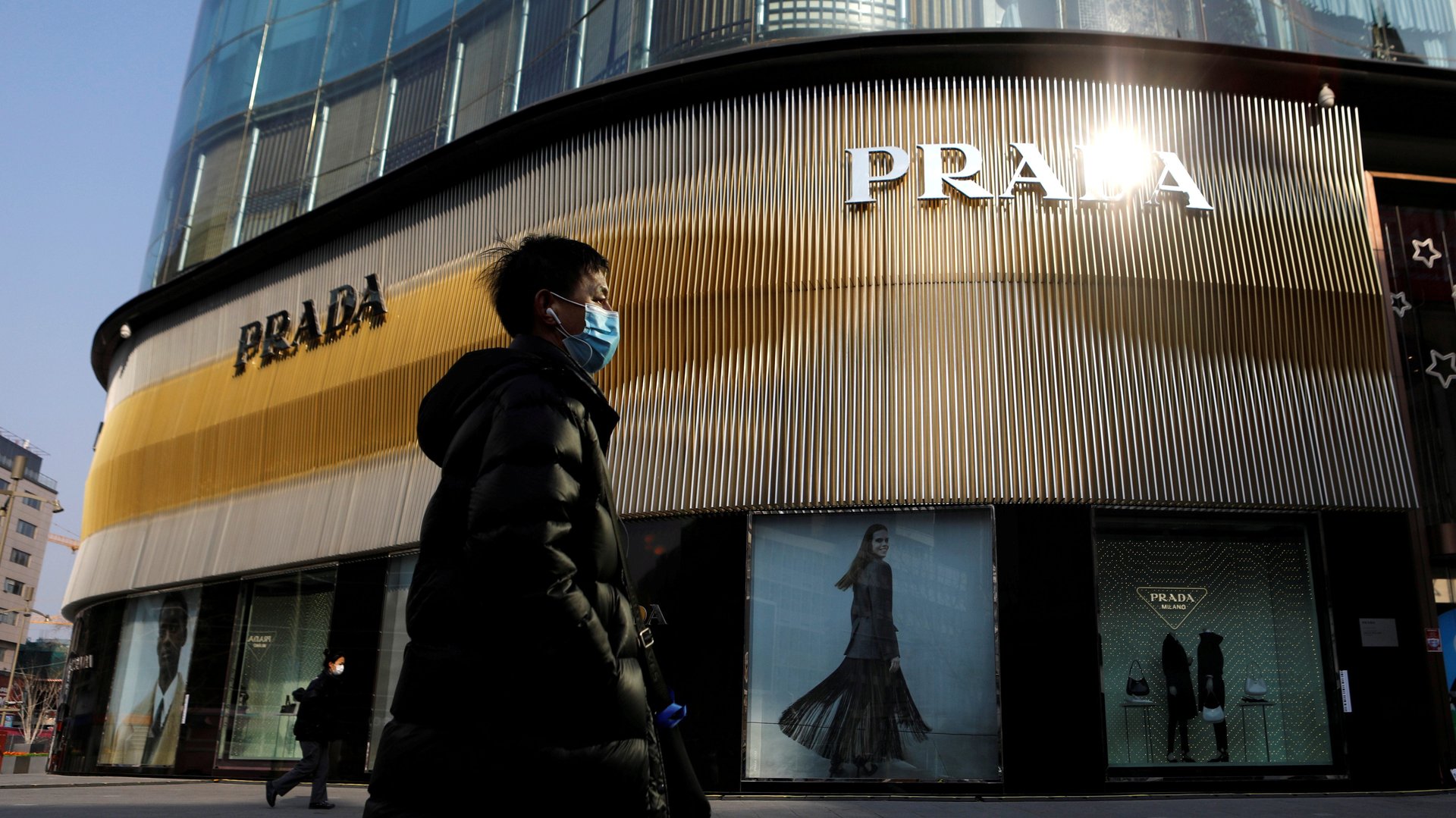Xi’s crackdown on wealth inequality has luxury investors scared
On Aug. 17, Chinese president Xi Jinping took aim at China’s ultra-rich during a meeting of the Chinese Communist Party’s Central Committee for Financial and Economic Affairs. He emphasized the need for “common prosperity” while promoting development, moving the committee to outline a plan to regulate and redistribute excessive wealth.


On Aug. 17, Chinese president Xi Jinping took aim at China’s ultra-rich during a meeting of the Chinese Communist Party’s Central Committee for Financial and Economic Affairs. He emphasized the need for “common prosperity” while promoting development, moving the committee to outline a plan to regulate and redistribute excessive wealth.
As reports of the meeting emerged the next day, they sent a shudder through luxury investors. From Aug. 18 into Aug. 19, a selloff sent stocks plunging, wiping out billions in market value across companies including LVMH (owner of Louis Vuitton and Dior), Kering (Gucci and Saint Laurent), Richemont (Cartier and Van Cleef & Arpels), Prada, Hermès, and Moncler.
Chinese shoppers have been loyal to luxury brands
Behind the panic is an acknowledgment that many luxury companies depend on Chinese shoppers for a large share of their sales. And the industry’s reliance on China had been forecast to increase further in the years ahead.
What should help insulate luxury businesses from political moves targeting the wealthiest Chinese is that much of the sales growth in China is occurring among the country’s rapidly expanding middle class. The committee indicated its intent to create more of an “olive-shaped” society, with the bulk of the Chinese people being middle income and only small numbers of the extremely rich or poor.
China’s policies have hurt luxury brands before
China’s government has shown that its actions can have real effects on luxury sales. From about 2012 to 2014, an anti-corruption crackdown targeting the exchange of lavish gifts caused sales of items such as pricey Swiss watches to plunge in China.
In an Aug. 18 note to clients, investment bank UBS pointed out that the anti-corruption campaign was narrower in scope and only affected a small number of high-end categories. Even so, “a slowdown among the sector’s largest nationality would likely have a negative impact on sales and as such the development of the situation is likely to be carefully watched by the market,” it said.
Luxury and inequality
While incomes in China have risen overall, the gap between rich and poor has grown significantly, provoking concern around the country. Beijing has indicated it doesn’t intend to let it widen indefinitely and is said to be considering policies such as new taxes on property and inheritance.
Such policies could have ripple effects in luxury sales. “Luxury demand doesn’t just come from bubbles here and there but from Gini coefficient type disparities,” HSBC wrote, referring to a measure of income inequality. “A good example of that has been the K-shaped [pandemic] recovery in the US where wealthy individuals benefited from the stock market, secondary home markets and ‘staycationing’ and had more means to spend and did just that.” (For more on the Gini coefficient, read this.)
The Chinese government has yet to detail exactly how its goals will translate to policy, so it’s hard to predict how its plans might affect the incomes of wealthy shoppers. But it’s clear China’s efforts to curb inequality are shaking the confidence of investors, and could do the same for luxury shoppers. As HSBC noted, “luxury demand is likely more correlated to wealthy consumers’ psychology more than just to financial means.”